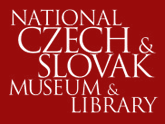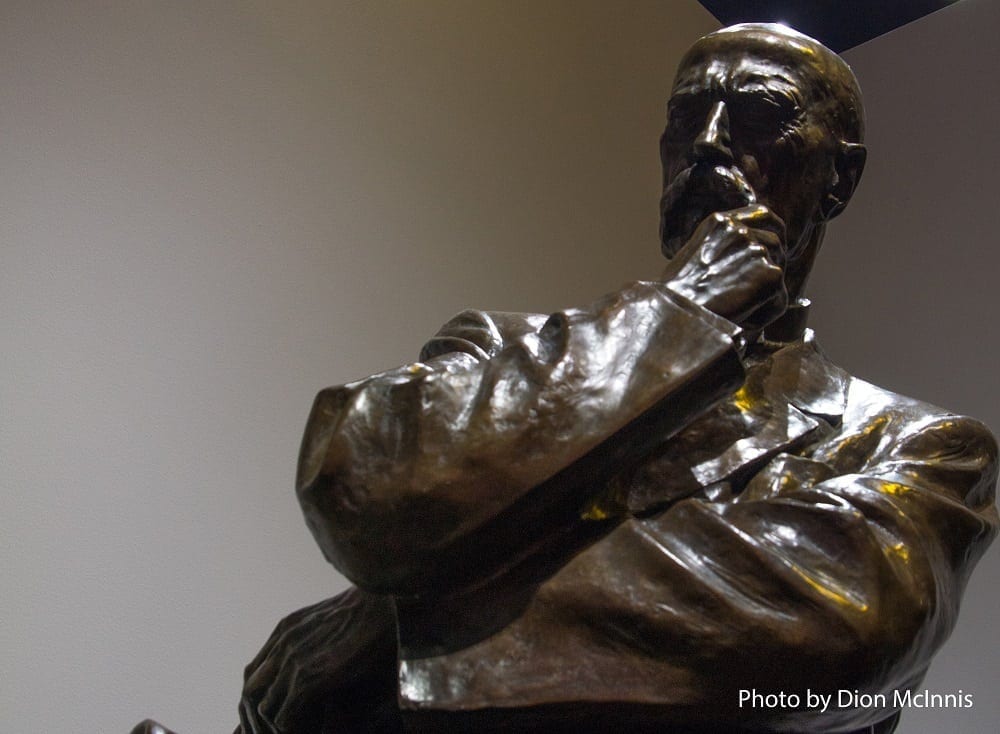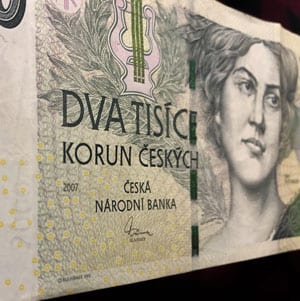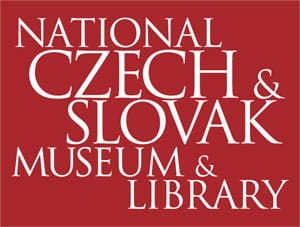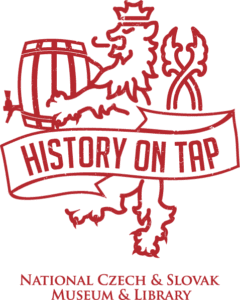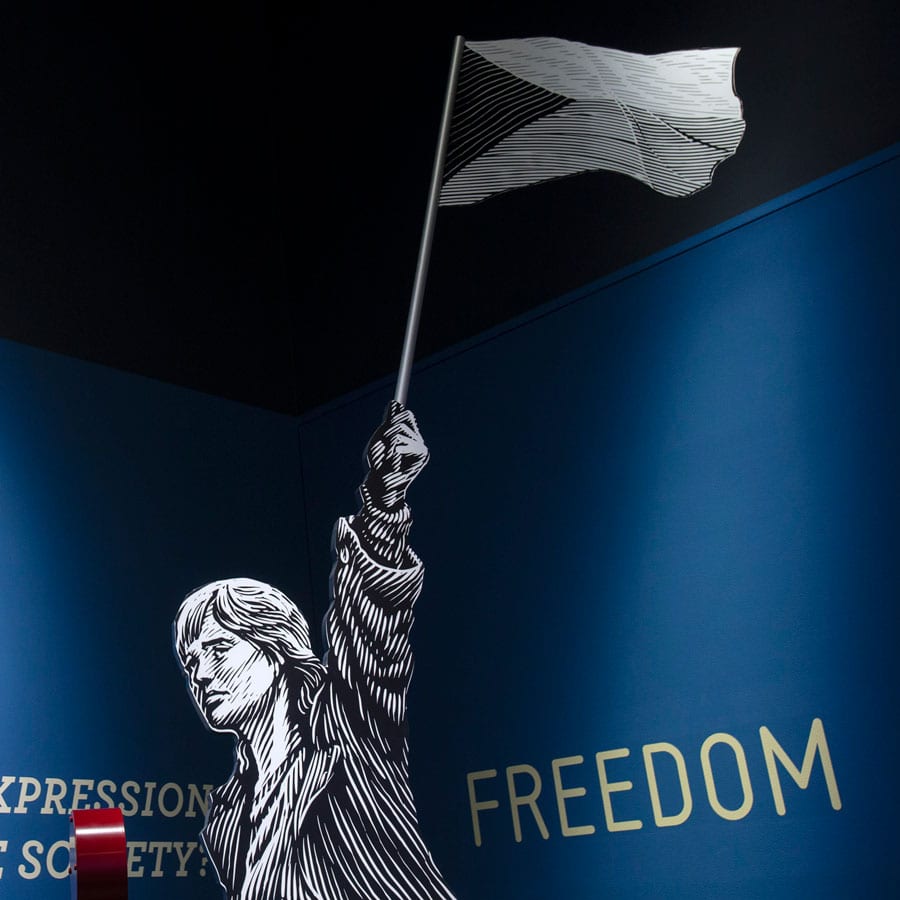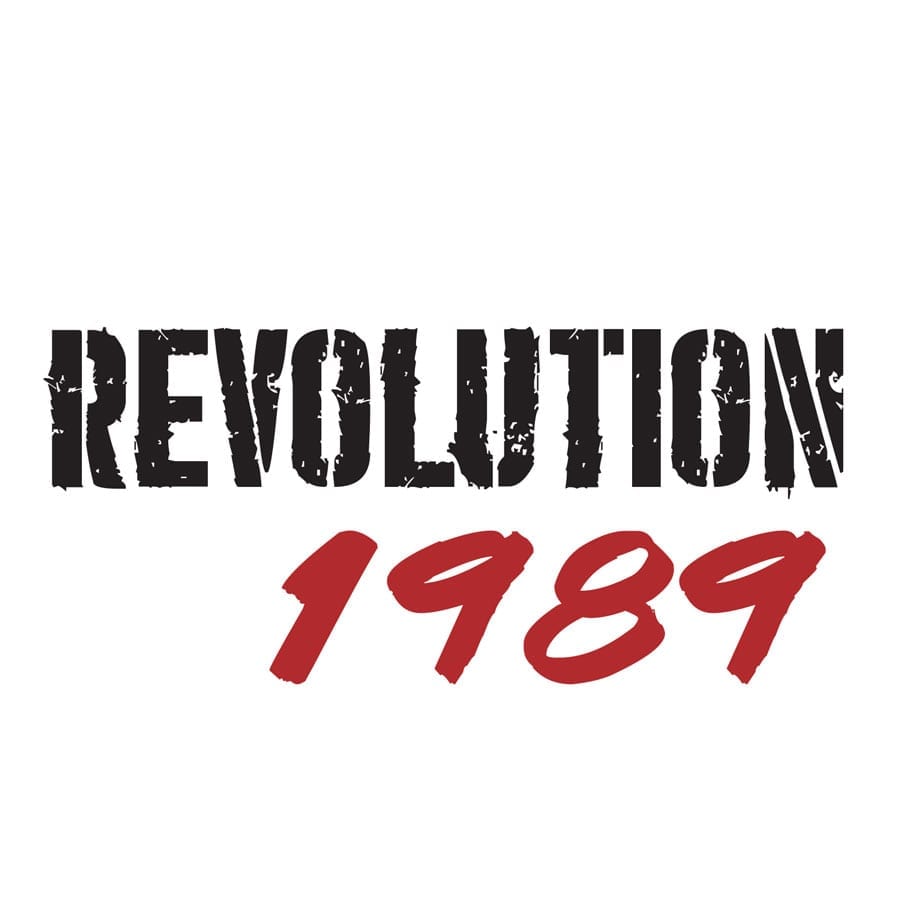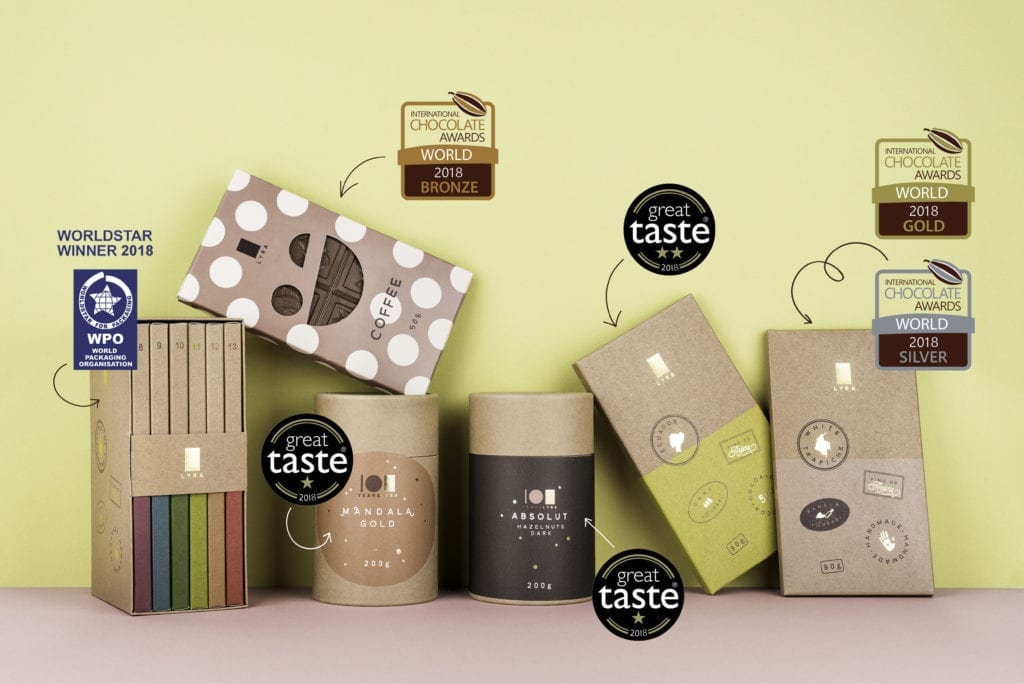I am in awe of Czech and Slovak courage. The courage to have a revolution where keys instead of bloodshed were the symbol for freedom; the courage to fight for personal as well as national independence; and, the courage to stand with respect for those who fought for them.
In recent weeks, I have read a lot about the 1989 revolutions around the world and there is much programming at the NCSML this year in commemoration of 1989. Through friends of the NCSML, I am also reading much about the Slovak National Uprising of 1944; the acts of the nearby villagers after the crash of the B-24 bomber Miss Fortune on Dubec Hill in February 1944; and, the heroics of Slovaks who saved American airmen shot down over Slovakia in World War II. Permeating all the stories of love and loss is courage.
Years ago I shared with a friend that “courage in the moment is courage for a lifetime.” Simply living day to day requires courage, but fighting for one’s life, independence, and freedom requires extraordinary courage. Fighting for the lives, freedom, and safety of strangers is the epitome of selflessness. I wonder to myself whether all those involved in courageous acts realize in the moment whether they are being courageous or not; I suspect they merely felt they were doing what needs to be done at the moment. Deciding to do such things, based on values and a sense of independence, can sometimes be planned acts and sometimes spontaneous.
Irena is one of my former photography students from ArtCamp at the University of West Bohemia. For her class portfolio, she created a set of images called Everyday Courages. The concept has stuck with me since I first saw the images in 2010. Emerson said that basically, there is no history, only biography. In the biographies of people’s lives who face the challenges of life with everyday courage, they create a legacy and a culture of courage. Evidence, examples, and lessons of such are revealed in the works of the NCSML staff who are developing exhibitions and programs, in the writings and presentations of our friends, and in the collective of those who live today in ways that honor the courage of those who came before.
It is one thing to hear of stories of courage; it is altogether different to listen to them. The NCSML’s Oral History archives offers the stories of more than 160 people. The common thread among them is their fight for, dedication to, and commitment for freedom (personal and of thought), and independence. There is much wisdom, context, and perspective in their stories, as well as a reminder of the importance of everyday courage.
Share your stories with me! Tell me about the courage of someone in your family because of whom you are benefiting today. I would love to hear more. Contact me at DMcInnis@NCSML.org.
